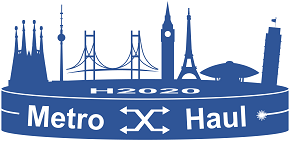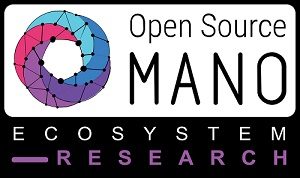A Bristol-based network technology specialist and partners have been awarded €7.78m in EU funding towards a project to investigate a 5G-ready optical network.
The three-year Metro-Haul project will develop and test optical network technologies that will integrate with and support 5G wireless technology.
In particular, the idea is to create a network infrastructure that can support the increase in data traffic when 5G arrives from 2020. 5G is expected to form the basis for the expanding Internet of Things as well as smart cities, autonomous cars, and various other high speed, low-latency applications of the near future.
Following a final demonstration of the Metro-Haul solution some time in 2019, the project will release its software as a public repository, and will then work with the relevant standardisation bodies to promote its solution.
Zeetta Networks is one of 21 partners in the wider Metro-Haul consortium, which includes various members of the European telecoms industry. Led by BT, other partners include Telecom Italia, Telefonica, Ericsson and Nokia, as well as European research hubs such as University of Bristol and Fraunhofer Institute.
Vassilis Seferidis, CEO of Zeetta Networks said:
“We are very proud to have played a key role in this successful EU funding bid and to be collaborating with such a group of leading researchers, Tier 1 telecoms operators, innovative SMEs, and influencers in the 5G space. This three-year project scored very highly with the judging panel recognising its importance and the huge implications it brings to the telecoms industry and the verticals they support.”
Zeetta Networks itself is a spin-out company from the University of Bristol, focusing on the development and marketing of Software Defined Networking (SDN) and Network Function Virtualisation (NFV) solutions.
The company recently put its technology to use by teaming up with Bristol City Football Club to provide its Ashton Gate stadium with a cutting edge High Density Wi-Fi solution. Zeetta’s “Software Defined Networking-enabled ‘bare metal’ technology approach” meant that the Wi-Fi network could cope with the stadium’s large concrete and metal structures, as well as with the huge number of users present within a relatively small area on match days.
– Source: http://blog.co-star.co.uk/2017/06/06/5g-optical-network-project-awarded-eu-funding/

